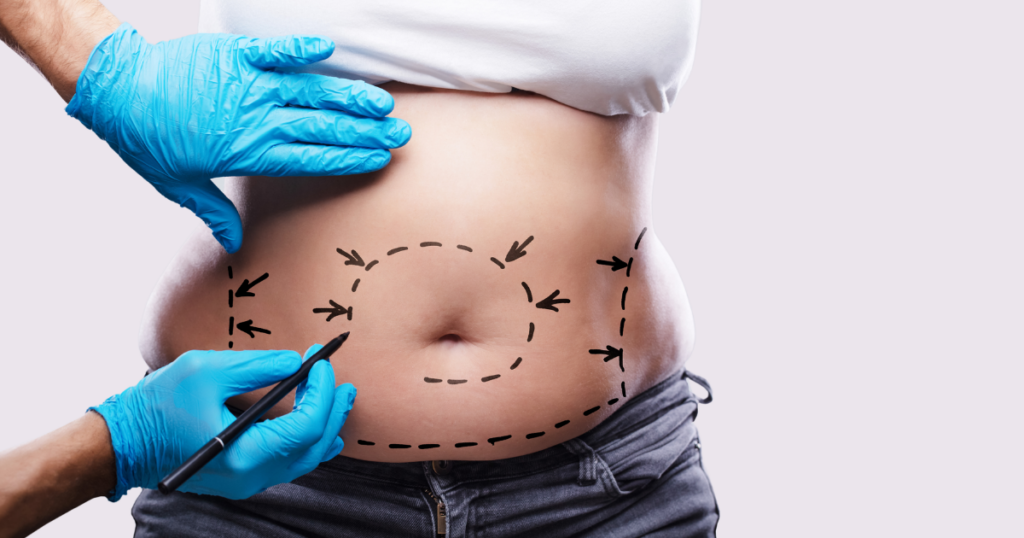Liposuction is one of the most popular cosmetic procedures in the world. This treatment helps you achieve your desired body shape by removing excess fat. Lipo is so loved because of its safety, effectiveness, and ability to produce natural, long-lasting results. That being said, how you handle the recovery is crucial to achieving those lasting, optimal results.
Being aware of what not to do after Liposuction can significantly affect your healing process. We want to ensure you have all the information to help you make informed decisions during your recovery journey. Let’s dive a little deeper into what not to do after Liposuction.
What to Expect After Liposuction
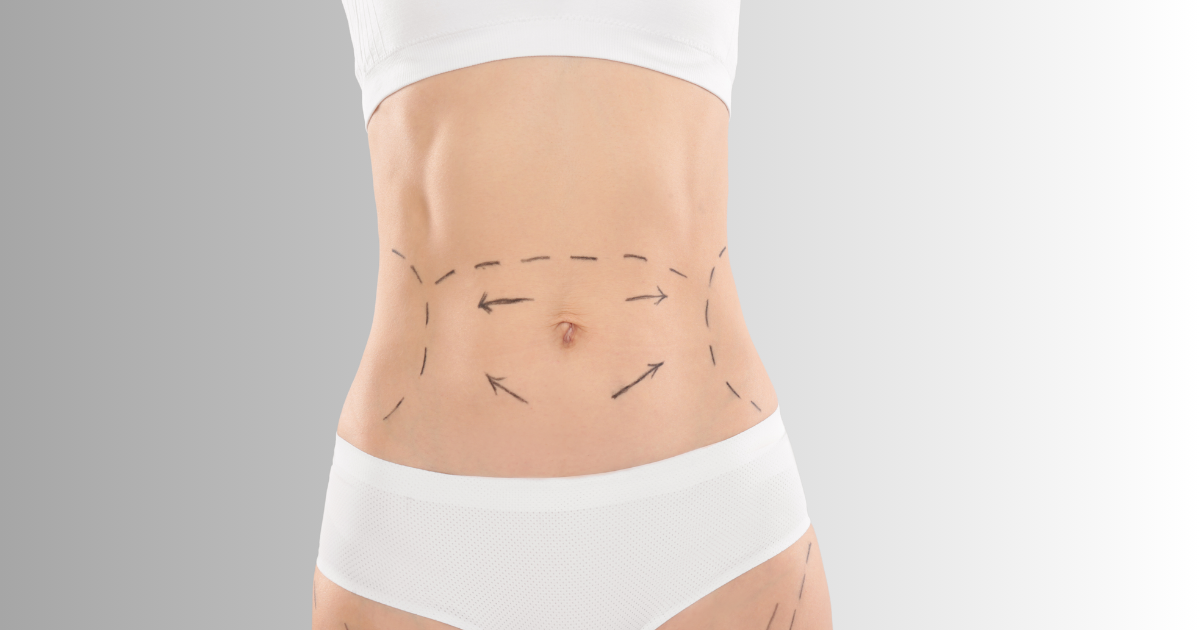
Before we know what not to do after Lipo, it is crucial to understand realistic expectations for results. This medical procedure aims to remove excess fat deposits from specific body areas. Liposuction involves a skilled surgeon using a suction device to carefully extract unwanted fat, helping to reshape and contour your body. Lipo brings many benefits, including:
- Providing lasting results
- Promoting a healthier lifestyle
- Removing fat safely and efficiently
- Boosting self-esteem and confidence
- Treating multiple areas of the body
It is commonly performed on areas like the abdomen, thighs, arms, and hips. Depending on how much fat is removed, results start to show between one and three months after treatment. And if your weight remains the same, results are typically permanent as fat does not redistribute after Lipo.
Risks and Complications of Liposuction
Liposuction is the ultimate cosmetic procedure for anyone who wants to enhance their body proportions and achieve a more sculpted appearance. But, like any other surgical solution, there are potential side effects. While generally safe, Liposuction side effects include temporary swelling, bruising, and soreness in the treated areas. These side effects usually subside within a few weeks.
In very rare cases, serious complications can also occur. Although uncommon, infections may develop and require medical attention. Excessive bleeding is also a rare but possible risk during and after the surgery. It is also essential to be aware of the risks associated with anesthesia, as adverse reactions can occur.
To minimize these risks and better grasp what to do and what not to do after Liposuction, you should choose a qualified and experienced surgeon and follow post-operative instructions diligently. You should also thoroughly discuss your medical history with your healthcare provider to ensure a safe Liposuction experience.
Recovery and Post-Operative Care: What Not to Do After Liposuction
Resisting the urge to resume strenuous activities, listening to suggestions from your practitioner, and steering clear of unhealthy eating habits are just some of the things you can do to ensure you heal correctly. Let’s go through all the best tips that help minimize side effects, swelling, discomfort, and unnecessary weight gain.
Don’t Do Strenuous Activities
One of the top things to avoid after Liposuction is overdoing it. You must remember to take things easy. While the desire to return to your routine is understandable, engaging in strenuous activities too soon after the surgery can harm your health. Overexertion can also lead to swelling and discomfort, potentially compromising the results of surgery.
Don’t engage in heavy lifting or intense workouts during the initial weeks of recovery. Instead, focus on gentle activities like short walks, allowing yourself the time and care to heal properly.

Don’t Skip Compression Garments
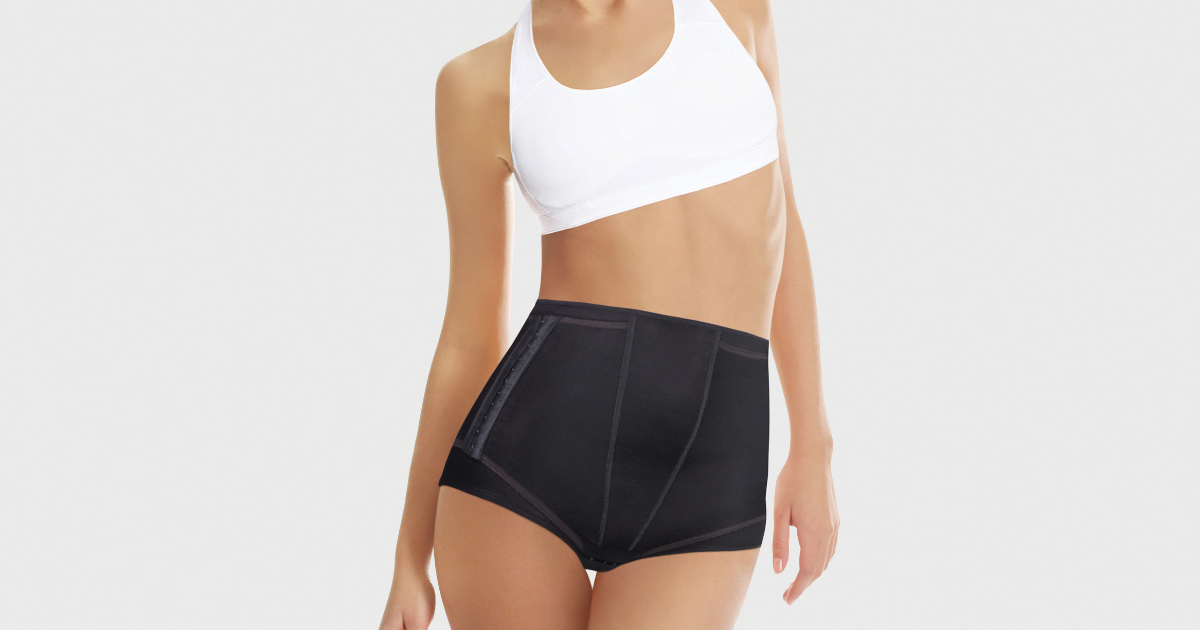
Compression garments are like a supportive hug for your newly sculpted areas. Although some people might be tempted to skip wearing them, thinking they are unnecessary, this could not be further from the truth.
Compression garments play a crucial role in minimizing swelling and supporting the treated areas of your body. Skipping them may result in prolonged swelling, leading to a slow recovery and unsatisfactory results. Your surgeon will recommend the type and duration of compression garments for your specific surgery.
Don’t Eat Unhealthy Foods
One of the most important things to remember is to avoid an unhealthy diet. Instead, fuel your body with the proper nutrients.
Make efforts to overcome the temptation to indulge in unhealthy, high-calorie foods that could lead to weight gain, especially in areas that were not treated. Incorporate a balanced, nutrient-dense diet full of lean protein, fruits and vegetables, and healthy whole grains. Doing so nourishes your body and helps you manage your weight. Alleviate pain and discomfort by eating anti-inflammatory foods like salmon, kale, berries, and green tea.
To promote optimal recovery, avoid or limit your intake of sugary foods and drinks, processed foods, and fast foods. It is also essential to note that adequate hydration is equally important for your body to eliminate toxins and support a faster recovery. Promotes healing from the inside out with nutritious choices that optimize your body’s recovery process.
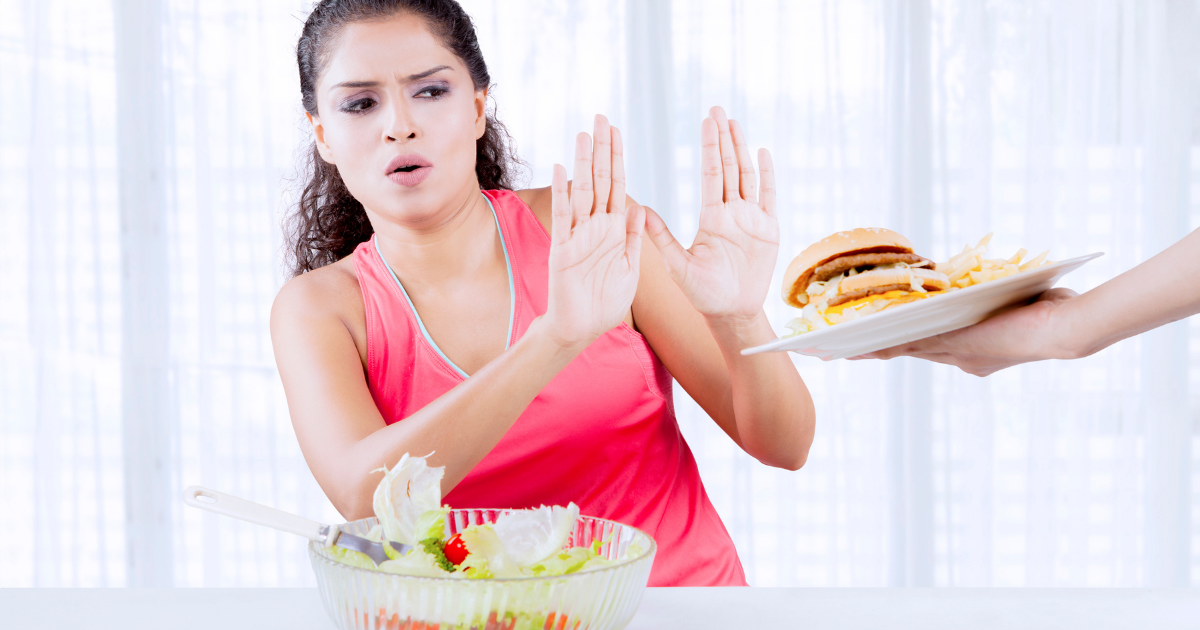
Don’t Skip Follow-up Appointments
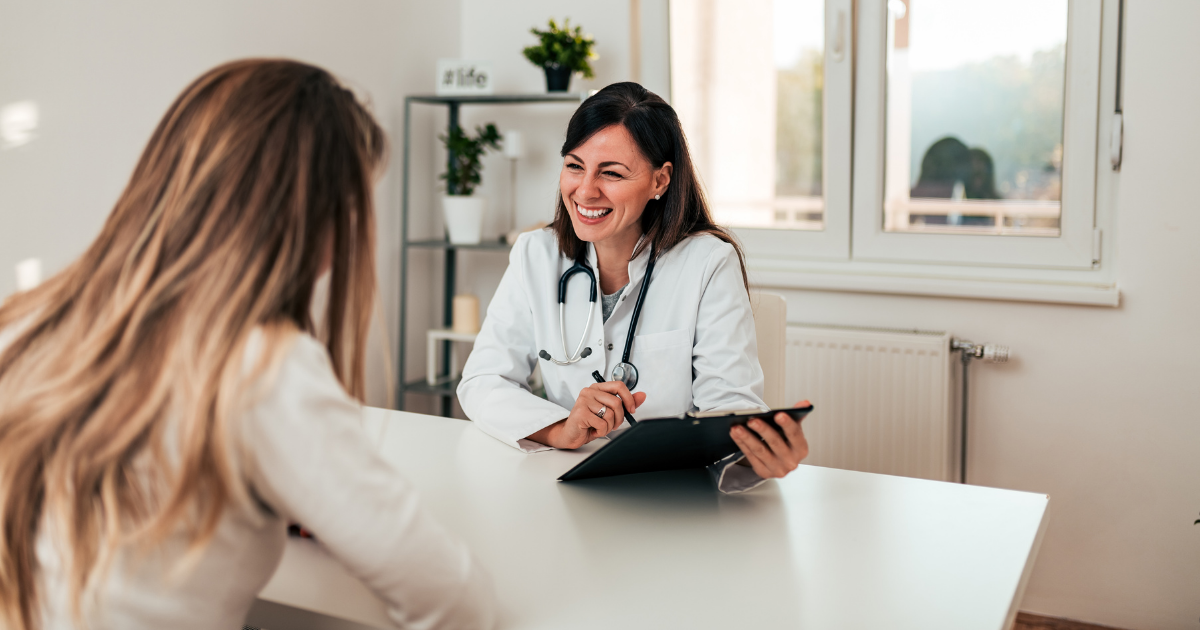
Your journey does not end in the operating room once you have left; it continues through follow-up appointments with your surgeon. Skipping these check-ups might seem tempting if you feel fine, but they are essential for monitoring your progress and understanding what not to do after Liposuction.
Your surgeon will assess the healing process, address any concerns you may have, and guide you on the next steps in your recovery journey. These appointments are an opportunity to catch and resolve potential issues early on, ensuring the best possible outcome for you.
Don’t Drink or Smoke
Smoking and excess drinking can interfere with your body’s healing process. Nicotine restricts blood vessels, reducing blood flow to the treated areas and increasing the risk of complications after the surgery.
Alcohol can also interact with post-operative medications your surgeon prescribes you and contribute to dehydration. Quitting smoking and limiting alcohol intake during the recovery period will support your body’s natural healing abilities, paving the way for a smoother and faster recovery after Liposuction.
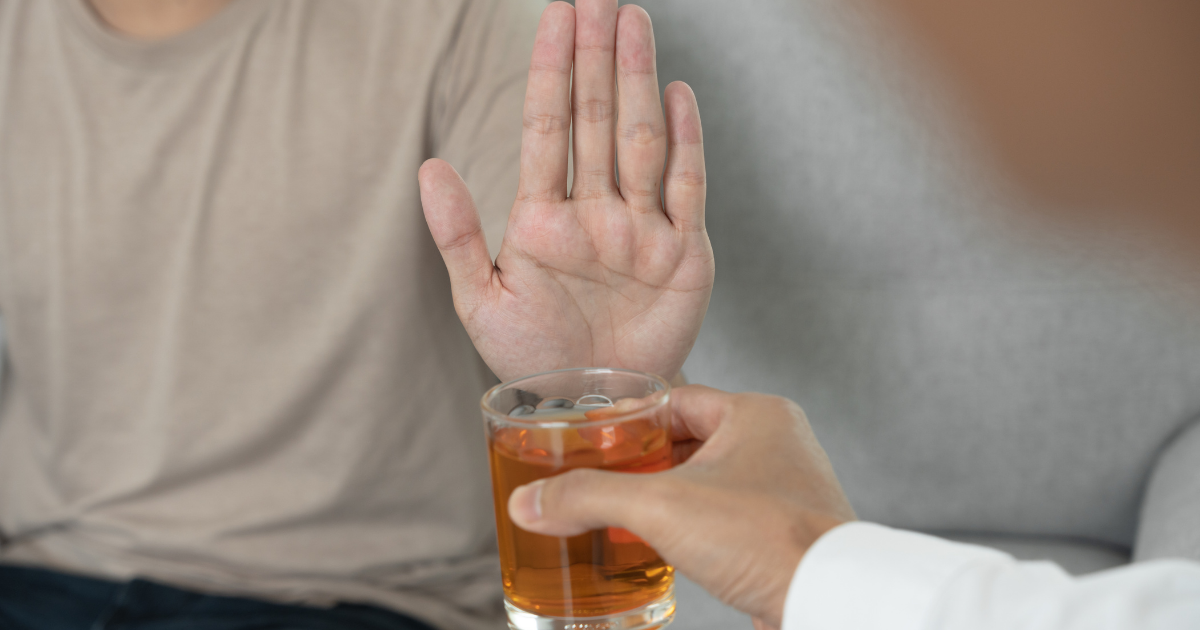
Don’t Forget Your Medications

Slacking on taking the prescribed medications is a lipo aftercare mistake you do not want to make. To streamline your lipo recovery process, take your medications as directed by your doctor. You may not be in severe pain and think you can stop taking your medications. However, you should stick through the whole plan as instructed by your surgeon. Controlling your pain is essential to ensure you rest, recover, and progress effectively.
Don’t Ignore Any Signs of Complications
During this lipo healing time, be vigilant and attentive to your body’s signals.
If you notice excessive redness, swelling, persistent pain, or unusual discharge from the incision sites, you should never ignore it. These could be signs of infection or complications regarding your Liposuction recovery. You should contact your surgeon promptly if you observe any concerning symptoms. Early intervention can stop complications from escalating, contributing to a more comfortable and successful recovery.

Tips For Recovery After Liposuction: Post-Liposuction Care
Now that you understand what not to do after Liposuction let’s discuss things that will be beneficial for your recovery.
Prioritize Rest
Give yourself plenty of time to rest and relax after Liposuction, as this will give your body the time and comfort it needs to heal properly. With the right amount of rest and taking a few days off from your daily activities, you can also ensure that your swelling reduces and you feel less discomfort from the surgery.

Hydrate

Another vital element to aid your recovery is hydration. Prioritizing water intake will help your body heal faster and show better results after Liposuction. Staying hydrated is one of the main reasons why alcohol consumption is one of the things on the list of what not to do after surgery.
Protect From the Sun
Taking care of your skin after Liposuction is also essential for your recovery. Protect your skin, especially the incision site, from harmful UV rays. Sun exposure can have negative effects on the skin after surgery, such as hyperpigmentation, loose skin, and longer healing times. Stay out of the sun as much as possible, use sunscreen when you are exposed, and wear protective clothing to enhance the healing process and improve your recovery.

Get Expert Guidance on Liposuction Surgery and Recovery with Advanced Body Sculpting of New England
Taking the right precautions during your lipo healing journey is crucial for your health. At Advanced Body Sculpting, our providers of Liposuction in Fall River, MA, can help you make informed decisions. Our team of professionals will guide you through every step of recovery and provide the support you need. Visit us or call us at (877) 577-5476 to book a consultation!


